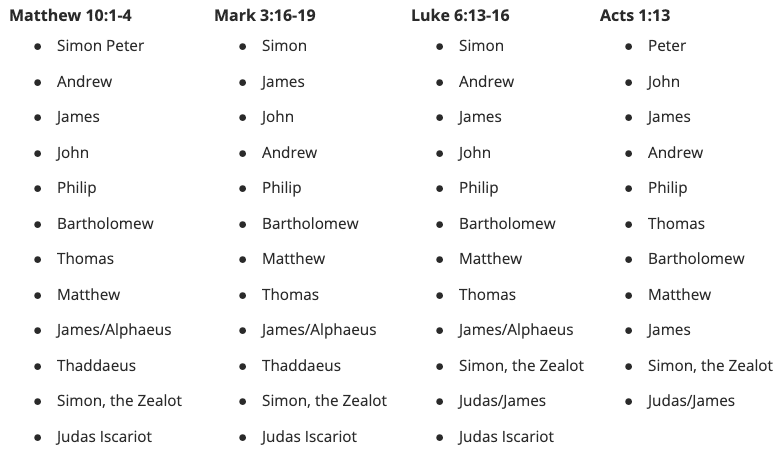October 13, 2024
Luke 6:12-19
Four Unlikelies
The Bible is brutally honest. There’s no spin machine trying to hide anyone’s moral or spiritual flaws. As we read the Bible, God doesn’t conceal King David’s indiscretions or Elijah and Jeremiah’s depression. God doesn’t downplay Peter, James, and John’s bold and brash behavior, or the conflict between Paul and Barnabas. There are no cover-ups in the Bible—we see the unvarnished truth about how self-centered, sinful, foolish, frail, and faulty human beings can be.
What about the disciples of Jesus? If the goal was to assemble a team of influencers who would turn the world upside down, I doubt these guys would have been on anyone’s short list. As individuals, they weren’t exactly the sharpest knives in the drawer. But Jesus often chooses those nobody else would choose, and Jesus often uses those nobody else would use.
Join Pastor Jim as we study Luke 6:12-19, where we’ll read about Jesus calling, choosing, and commissioning twelve of His disciples and sending them out on mission as His apostles.


